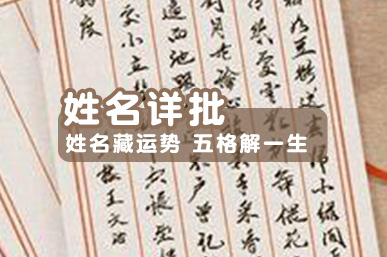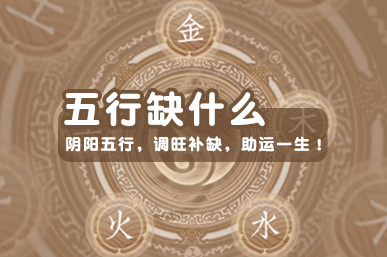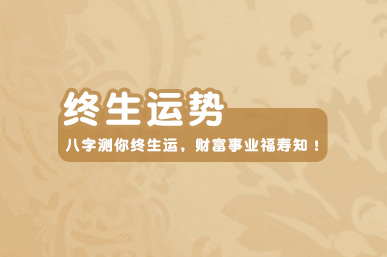八字起名宝宝起名八字改名姓名祥批
a
word
of
Chinese
origin,
has
multiple
meanings
and
applications.
The
pronunciation
of
qi
can
vary
depending
on
the
tone,
but
it
generally
refers
to
energy,
air,
breath,
or
spirit.
This
versatile
word
has
been
incorporated
into
numerous
Chinese
words
and
phrases,
as
well
as
names. The
Chinese
believe
that
qi
is
the
vital
energy
that
circulates
throughout
the
body
and
influences
overall
health
and
well-being.
Some
traditional
Chinese
practices,
such
as
acupuncture
and
tai
chi,
aim
to
balance
and
harness
the
body's
qi
for
healing
and
relaxation. Naming
a
child
using
the
word
qi
is
common
in
Chinese
culture.
Examples
of
names
include
Qianqi,
meaning
th〔推荐更多 周易起名常识请关注 :木偶取名网,wWW.muOU888.cOM』ousand
times,
Xinqi,
meaning
new
energy,
and
Mingqi,
meaning
bright
and
energetic.
These
names
reflect
a
desire
to
imbue
the
child
with
positive
energy
and
vitality. In
addition
to
personal
names,
Chinese
buildings
and
landmarks
also
incorporate
qi
into
their
names.
For
example,
the
Forbidden
City
in
Beijing
is
called
the
Zijin
Cheng
(紫禁城)
in
Chinese,
which
literally
means
Purple
Forbidden
City.
The
character
qi
(禁)
in
the
Zhijin
Cheng,
stands
for
forbidden
or
restricted,
and
complements
the
meaning
of
purple,
a
color
that
is
symbolic
of
royalty
and
power. In
contemporary
times,
qi
has
also
been
incorporated
into
brand
names
and
product
names.
One
example
is
the
Qihoo
360,
a
Chinese
internet
security
company.
The
name
Qihoo
is
a
modification
of
the
Chinese
word
for
“magic
fox,”
with
the
hope
that
the
product
will
be
as
resourceful
and
agile
as
a
fox. Overall,
the
word
qi
is
a
multifaceted
term
with
various
uses
and
meanings.
It
reflects
the
importance
of
energy
and
vitality
in
Chinese
culture,
and
has
thus
become
a
popular
choice
when
naming
people,
places,
and
products.









